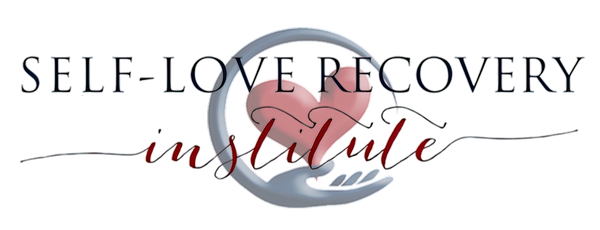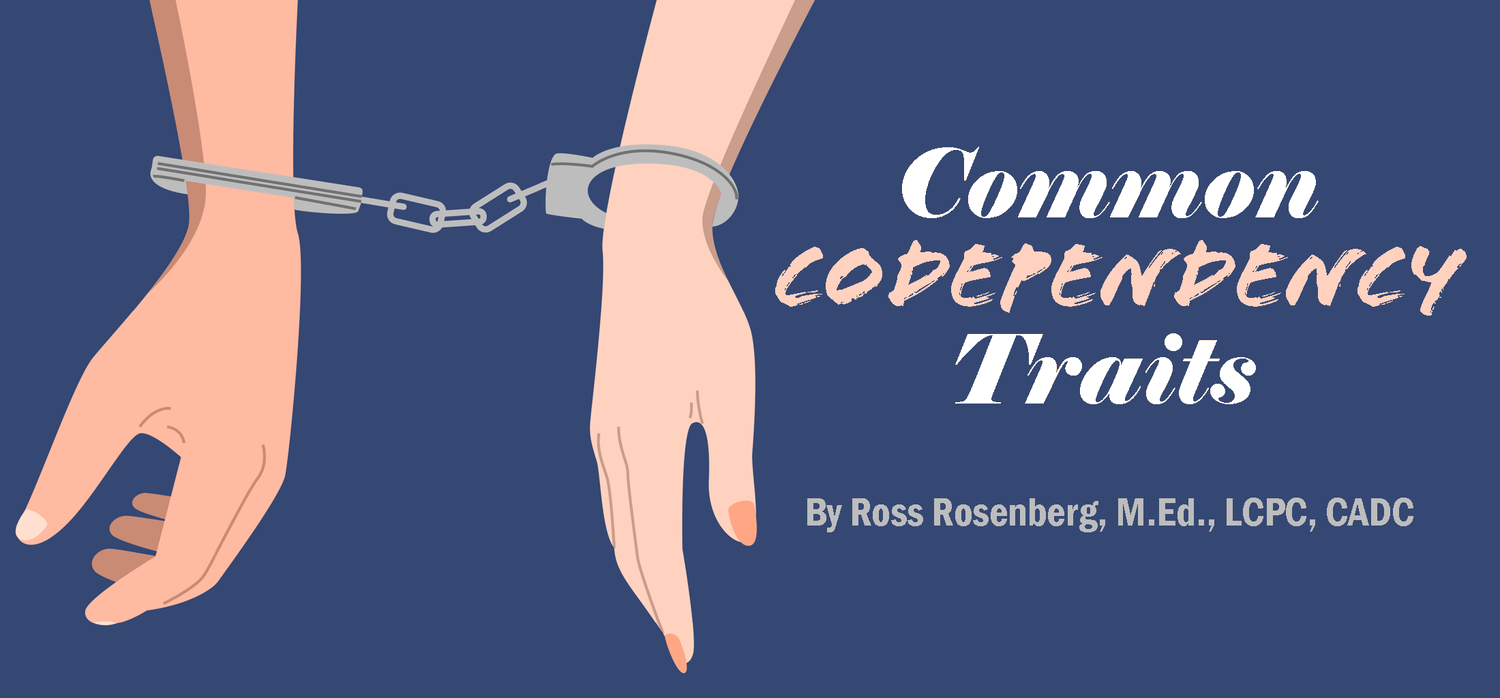
Common Codependency Traits
Excerpt from Upcoming
“The Codependency Revolution”
Released with workbook on November 1, 2023
Written by Ross Rosenberg, M.Ed., LCPC, CADC
Self-Love Recovery Institute — President/CEO
Psychotherapist, Educator, Author, Expert Witness
COMMON CODEPENDENCY TRAITS
Although codependency has been understood and even identified by its traits, the two are the same. For the entire duration of codependency’s history, the world has confused highly variable personality traits, dysfunctional habits, distorted thought and belief patterns, repetitive patterns of behavior, and relationship history with the actual disorder. It is because of this reason and others that, with a sense of urgency, I have developed the material you are now reading.
The original partner of the addict community, the followers and supporters of Melody Beattie and her contemporaries, and the global Co-Dependents Anonymous communities embrace and adopt a sprawling and diverse definition of codependency based primarily on a long list of personality traits, character flaws, and dysfunctional traits and characteristics. The bad news is nothing could be further from the truth. The good news is in the next paragraph!
Personality traits being independent of codependency is one of the most significant of my codependency discoveries. As demonstrated in the preceding chapter, the codependency field lost its way when it tried to become too many things to too many people Accumulating various definitions and lists of traits or characteristics did not lead to more clarity and understanding. Instead, it fueled unfair and often inaccurate stereotypes while focusing on what codependents did versus the inner workings of their poor mental health.
Widely varying definitions and lists used to clarify codependency appear to cause more harm than help. Because they are based on subjective explanations, interpretations, and unverifiable suppositions of causality while lacking an organizing theoretical or conceptual model, no one really knows what it is. Adding fuel to this fire is the inclusion of traits and characteristics found in codependents and pathological narcissists.
Such traits include but are not limited to dishonesty, manipulation, relationship infidelity, drug abuse or addiction, anger management, controlling attempts, and passive or overt aggression. If negative perpetrator traits are only assigned to the narcissists and positive victim-based to codependents, then a shroud of denial and accidental misinformation will obstruct our understanding of this condition. Therefore, negative seeming traits are independent of codependency and pathological narcissism.
If lists of characteristics and traits are to be used, they must be vetted for accuracy. The below list is a handpicked group of codependency traits that have not been discussed in other parts of this chapter. These traits do not define codependency but reflect the symptoms of a more profound foundational problem.
TRAITS - FROM A – Z
- Anxiety when around healthy people
- Blames themselves for the mistakes made by others.
- Confuses work boundaries and expectations from those governing personal relationships
- Constantly scanning people’s faces for advanced warnings
- Constantly seeking reassurance that everything is okay
- Despite being inherently honest, compulsively trying to prove they are not lying
- Despite contrary evidence, discourages people from worrying about them
- Difficulty in identifying and expressing emotions
- Excessive compliance with suggestions and requests
- Fears/avoids most forms of conflict
- Feels guilty, selfish, or needy when asking for help
- Frightened to engage in disagreements
- Good at solving everyone else’s problems except their own
- Guilt-ridden when they disappointed, upset, or hurt another person
- Harshly self-critical, especially when making a mistake
- Hypervigilance for potential consequences, problems, or dangers
- Immediate boundary reversal or retraction following a complaint
- Immediately stops talking when another person starts to talk (or talks over them)
- Upsets others because of gaging boundaries inaccurately
- Low to absent self-esteem, self-love, and self-worth
- Mumbles or talks under their breath when upset or when asked to clarify boundaries
- Prefers solitude or isolation over once-appreciated social experiences
- Preoccupied with the problems, struggles, and needs of others
- Proud of having few needs and willingness to sacrifice
- Relationships with unclear, and enmeshed boundaries
- Self-care is secondary to caring for others
- Supports the needs, goals, and dreams of others while devaluing their own
- Tongue-tied when asked about their preferences
- Unintentionally violating the boundaries of others
- Voluntarily takes on unsustainable amount of personal, family, and work responsibilities
- Worried about upsetting someone because of an unintentional mistake


0 comments